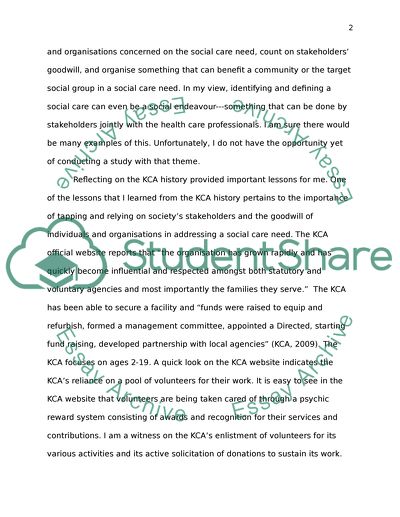Cite this document
(“Services and Service Delivery Strategies of Kids Can Achieve Essay”, n.d.)
Retrieved from https://studentshare.org/sociology/1598020-reflective-essay-service-users-and-carers-feedback
Retrieved from https://studentshare.org/sociology/1598020-reflective-essay-service-users-and-carers-feedback
(Services and Service Delivery Strategies of Kids Can Achieve Essay)
https://studentshare.org/sociology/1598020-reflective-essay-service-users-and-carers-feedback.
https://studentshare.org/sociology/1598020-reflective-essay-service-users-and-carers-feedback.
“Services and Service Delivery Strategies of Kids Can Achieve Essay”, n.d. https://studentshare.org/sociology/1598020-reflective-essay-service-users-and-carers-feedback.


